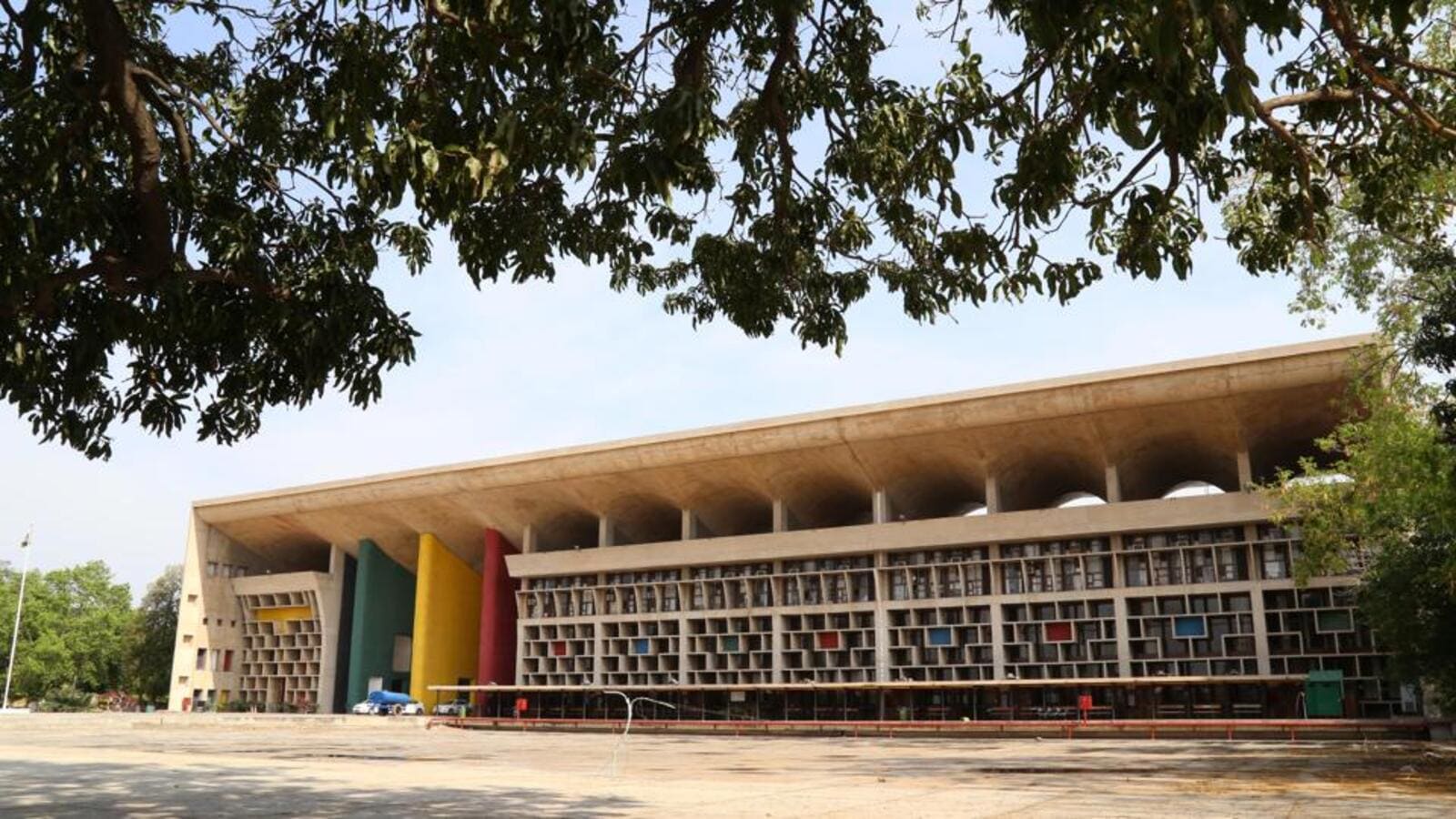


A well-meaning teacher who may use harsh language to discipline students cannot be held liable for the suicide of a hypersensitive student who may take the extreme step after blaming the teacher, observed the Punjab and Haryana High Court recently.Justice Jasjit Singh Bedi made the observation while discharging a Mathematics teacher who was accused of driving a Class X student to die by suicide due to the harsh manner in which he interacted with students."Disciplining could include taking steps to curb their unruly behaviour or pushing them harder to improve their grades. In either situation, a Teacher is likely to use harsh and aggressive language. The majority of students are unlikely to get affected by the act, conduct or language of a Teacher. However, if a particular student, who has a hypersensitive nature, commits suicide, then it would indeed be a travesty of justice that a well-meaning Teacher would have to face Trial for abetment in such a scenario," the Court said.The Court, however, added that it would be different if there was evidence to suggest that a teacher had acutely harassed a student."However, on the other hand, if there is evidence to suggest that the act and conduct of a Teacher was particularly harsh towards a specific student and there were multiple specific incidents of acute harassment then the situation would be completely different," the April 25 judgment stated.In the present case, the Court found that there was material to indicate that the deceased student was weak in studies and that she was only reprimanded in connection with this."Even otherwise, neither the first information report (FIR) nor the suicide note refer to any specific instances of acute harassment amounting to abetment," the Court noted while discharging the accused teacher from the case.By way of background, a 15-year-old girl was found dead in 2019 after she hung herself at home from a ceiling fan.A suicide note left behind by the student said that she had decided to take the extreme step due to the mental harassment inflicted by her Math teacher, Naresh Kapoor, at school.Kapoor was booked for the offence of abetment of suicide under the Indian Penal Code (IPC), and a trial court eventually framed charges against him in the case.This was challenged by Kapoor before the High Court.Kapoor's counsel told the Court that the teacher and the student did not interact in the days leading to the death of the student either because of holidays or because either the student or the teacher were on leave.As such, there was very little communication between the teacher and the deceased student prior to the teenager's death. Therefore, it was not a case where Kapoor could be booked for abetment of suicide, the counsel argued.The Court was also told that a three-member Committee formed by the school under the Protection of Child Rights Act, 2001 had found that Kapoor did not harass the student, and that he was a good teacher.The State, however, opposed Kapoor's plea and asserted that there was a clear prima facie case against the school teacher. The teacher had harassed the student up to a point where she had no option but to commit suicide, the State counsel told the Court.This is sufficient to frame criminal charges, the State counsel added while urging the High Court to dismiss Kapoor's plea. The State's stance was supported by the counsel for the complainant.The Court, however, eventually allowed Kapoor's plea to close the criminal case against him. Consequently, the High Court set aside the trial court order framing charges against the teacher as well as the chargesheet filed by the police in the matter.Advocate PS Ahluwalia appeared for the petitioner (teacher).Additional Advocate General Mohit Saroha represented the Punjab government, while advocate Anil Kumar Spehia represented the complainant.
TAGS: Punjab and Haryana High Court teacher suicide abetment harsh language hypersensitive student disciplinary actions trial dismissal